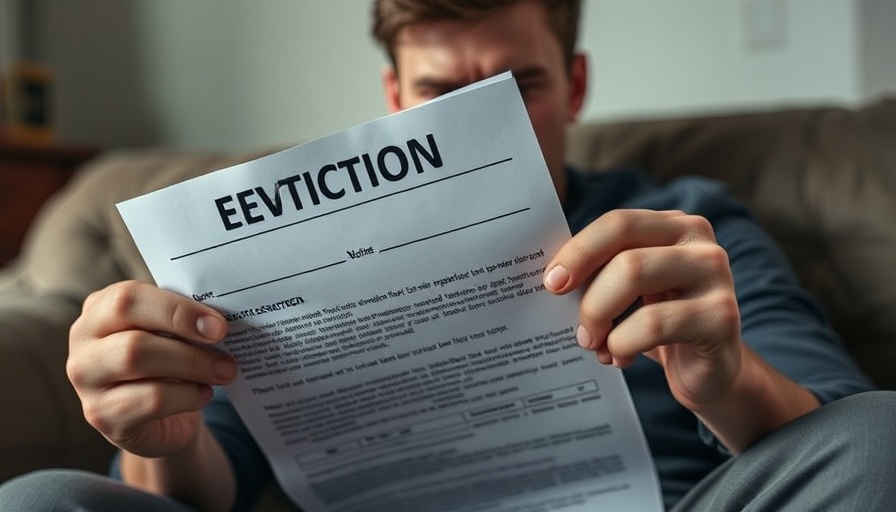
Understanding Your Rights During an Eviction
Facing an eviction can be daunting, especially when financial struggles are involved. Many tenants don’t realize that payment, whether immediate or negotiated, can halt the eviction process in certain scenarios. Understanding your rights as a tenant is crucial for safeguarding your housing situation.
How Payment Can Halt an Eviction
Paying overdue rent is often the most effective way for tenants to stop an eviction. The process varies depending on the state and timing:
Before the Notice Deadline: Landlords typically issue a 'Pay or Quit' notice when rent is overdue. Tenants usually have a set timeframe (ranging from 3 to 14 days) to make the payment. Timely payment during this period can effectively prevent eviction.
Before the Court Hearing: If payment isn’t made before the notice deadline, landlords may proceed with a court hearing. However, many jurisdictions allow tenants to pay all overdue rent before the hearing, which often results in the dismissal of the eviction case.
Before Lockout by Sheriff: Even after a successful eviction order for the landlord, some states allow tenants to pay outstanding rent before the sheriff executes the eviction. This presents an urgent chance to resolve the situation, albeit potentially with added costs.
Alternative Solutions to Consider
While paying rent is vital, tenants can also explore additional options:
Payment Plans: Open communication with your landlord can lead to a mutually beneficial arrangement, such as allowing you to pay your overdue rent in installments.
Rental Assistance Programs: Various government and nonprofit organizations provide emergency rental assistance for those genuinely struggling economically, ensuring that they can stay in their homes.
Legal Aid and Negotiation: Seeking housing lawyers can be advantageous. They can assist with negotiations and may represent you in court, which strengthens your position significantly.
Understanding When Payment May Not Be Enough
Payment does not guarantee the end of the eviction process. Many factors can complicate the situation:
Lease Violations Beyond Non-Payment: If you are in violation of other lease provisions—like having pets in a no-pets unit—this can lead to continued eviction proceedings, irrespective of your rent payment.
Retaliatory Evictions: Sometimes, landlords may attempt to retaliate against tenants who have reported issues with the property. These retaliatory evictions are illegal, and tenants are advised to seek legal protection.
End of Lease Terms: If your lease is up, landlords may not be required to renew it. Thus, payment may not secure your continued tenancy in such cases.
Important State-Specific Regulations
Eviction laws can differ significantly based on the location. For instance, in California, specific regulations provide additional protections for tenants. Understanding the unique eviction rules in your locality is vital in navigating payment options and potential relief.
The Importance of Documentation
Ensuring a clear, documented communication trail with your landlord can save you in the event of disputes. Keep all receipts and written communications that could substantiate your claims in court if necessary.
Final Thoughts on Rent and Financial Management
Managing debts, whether it's related to rent or other obligations, is imperative for maintaining stable housing. Developing a budget, seeking credit counseling, or working with financial advisors can bolster your decision-making. Knowledge of different debt management strategies—such as the debt snowball or avalanche methods—can also significantly enhance your financial health.
Facing eviction isn't just daunting; it is a wake-up call for effective financial management. Since evictions can impact one’s credit score and affect future housing opportunities, taking decisive action is essential. Engaging in conversations with your landlord, seeking assistance, and understanding your rights can help mitigate the stress associated with eviction.
 Add Row
Add Row  Add
Add 



Write A Comment